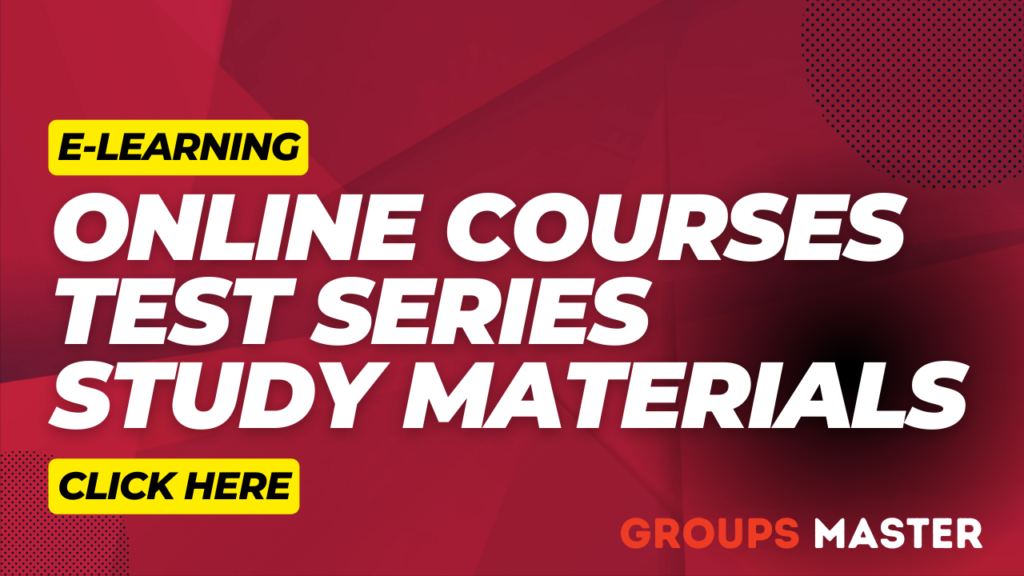1. The Indian military occupies a border village believed to be harboring insurgents and asked the residents to vacate their houses in a night operation. Which one among the following statements is the correct interpretation of this incident? [UPSC CAPF 2011]
(a) India is a democracy and no citizen can be asked to leave their home without a warrant. Hence, this act constitutes a human rights violation
(b) The military operation does not constitute a human rights violation as it is operating in an insurgency infested area
(c) Under the Indian Constitution, every individual is entitled to basic fundamental rights and hence the military cannot ask anyone to leave their house on more suspicion of supporting insurgents. Hence, this act by the military constitutes a human rights violation
(d) Just more suspicion of supporting insurgency cannot be used as a pretext to occupy a village. Hence, the military action constitutes a human rights violation
2. Which one among the following pairs is not correctly matched? [UPSC CAPF 2011]
(a) Power of the Parliament: Creating a new state
(b) Power of state legislature : Altering the name of the state
(c) Equality before law : Guaranteed to both Indian citizens and non-citizens
(d) Equality of opportunity : Guaranteed to only Indian citizens
3. Right to Information is ? [UPSC CAPF 2011]
(a) fundamental right
(b) legal right
(c) neither fundamental right nor legal right
(d) both fundamental right as well as legal right
4. Consider the following statements about the convention on the Rights of the child
1. This is an International Treaty which recognizes the Human Rights of children up to the age of 14 years.
2. It constitutes a common reference against which progress in meeting Human Right Standards for children can be assessed and results compared.
Which of the statements given above is/are correct? [UPSC CAPF 2012]
(a) Only 1
(b) Only 2
(c) Both 1 and 2
(d) Neither 1 nor 2
5. The World Conference on Human Rights that affirmed the universality of rights and launched an ambitious plan of action was held in ? [UPSC CAPF 2012]
(a) Vienna (1993)
(b) Geneva (1996)
(c) New York (2000)
(d) Berlin (2002)
6. Which of the following statements is / are correct? [UPSC CAPF 2013]
1. Offices connected with a religious or denominated institution may be reserved for members professing the particular religion to which the institution relates.
2. The State may reserve any post or appointment in favour of any backward class of citizens who, in the opinion of the State, are not adequately represented in the services under that State.
3. No citizen shall, on grounds of religion, race, caste, sex, descent, place of birth or any of them, be ineligible for any office under the State.
Select the correct answer using the code given below.
(a) 1 and 2 only
(b) 2 and 3 only
(c) 1, 2 and 3
(d) 3 only
7. The major cleavage in global human rights discourse has been between ? [UPSC CAPF 2014]
(a) religious rights vs. civil rights
(b) national rights vs. minority rights
(c) gender rights vs. equal rights
(d) civil and political rights vs. economic, social and cultural rights
8. Which of the following are related to Right to Equality under the provisions of Articles 14-18 of the Constitution of India? [UPSC CAPF 2014]
1. Prohibition of discrimination on grounds of religion, race, caste, sex or place of birth.
2. Equality of opportunity in matters of public employment.
3. Educational and cultural rights to minorities.
4. Abolition of untouchability.
Select the correct answer using the codes given below.
Codes
(a) 1, 2 and 3
(b) 3 and 4
(c) 1, 2 and 4
(d) 1 and 2
9. Which of the following does not relate to the Fundamental Rights as enshrined in the Constitution of India? [UPSC CAPF 2014]
1. Free and compulsory education to all children of the ‘age of 6-14 yr.
2. Prohibition of trafficking in human beings and
3. Improvement of Public health and prohibition of intoxicating drinks.
4. Promotion of the educational and economic interests of the weaker sections of the people, especially the Scheduled Castes and Scheduled Tribes.
Select the correct answer using the codes given below.
Codes
(a) 1 and 2
(b) 2 and 4
(c) Only 3
(d) 3 and 4
10. Which of the following are provided in India by the Right to Education Act? [UPSC CAPF 2015]
1. Right of children to free and compulsory education till completion’ of elementary education in a neighbourhood school.
2. Prohibition of deployment of teachers for non educational works, other than decennial census, elections to local authority like State Legislatures, Parliament and disaster relief.
3. Right’ of minorities to establish and administer education institution.
4. No citizen shall be denied admission into any educational institution maintained by the State or receiving aid out of State funds on grounds only of religion, race, caste, language or any of them.
Select the correct answer using the code given below.
(a) 1, 2 and 4
(b) 1 and 3
(c) 2 and 4
(d) 1 and 2
11. Which one of the following statements regarding Human Rights is not correct? [UPSC CAPF 2016]
(a) Human Rights derive their inspiration from moral principles
(b) They are applicable subject to their adoption by States
(c) The International Covenant on Civil and Political Rights was adopted by the United Nations in the year 1948
(d) The universalism of Human Rights is challenged by the cultural relativists
12. What is meant by Social Equality? [UPSC CAPF 2016]
(a) Each person should perform the functions according to his status
(b) No effort should be made to modify the existing social system
(c) No person should be made to suffer a position of relative inferiority in relation to other men due to caste, race or religion
(d) Special effort to improve the lot of weaker section
13. Which one of the following is not a source of political legitimacy? [UPSC CAPF 2016]
(a) Consent
(b) Rational prudence
(c) Political will of the ruler
(d) Public reason
14. The Constitution of India does not guarantee which one of the following as a fundamental right? [UPSC CAPF 2021]
(a) Right to equality
(b) Right against exploitation
(c) Right to property
(d) Right to carry on trade and business
15. Which one of the following statements about ‘personal liberty’ is not correct? [UPSC CAPF 2021]
(a) State does not have the authority to deprive any person within the territory of India of his/her personal liberty without any rational basis.
(b) Basis of depriving a person of his/her personal liberty must be in accordance with procedures established by law.
(c) Personal liberty can be secured by the judicial writ of Habeas Corpus.
(d) The majority view of the Supreme Court in A. K. Gopalan vs. State of Madras case invented due process of law.
16. Which one of the following fundamental rights has not been provided to a person? [UPSC CAPF 2021]
(a) Protection against prosecution and punishment for the same offence more than once
(b) To refuse to give his/her sample of handwriting as evidence to support a prosecution against him/her against
(c) To act as a witness himself/herself
(d) Right not to be convicted of any offence except for violation of a law in force at the time of commission of the act charged as an offence
17. Which one of the following statements with regard to Maneka Gandhi vs. Union of India case, 1978 is not correct? [UPSC CAPF 2021]
(a) It was held that Article 19 and Article 21 are not watertight compartments.
(b) It was held that a law coming under Article 21 may not satisfy the requirements of Article 19.
(c) A fair trial eliminates the biases against the accused in the trial.
(d) The right to life under Article 21 does not include the right to die.



